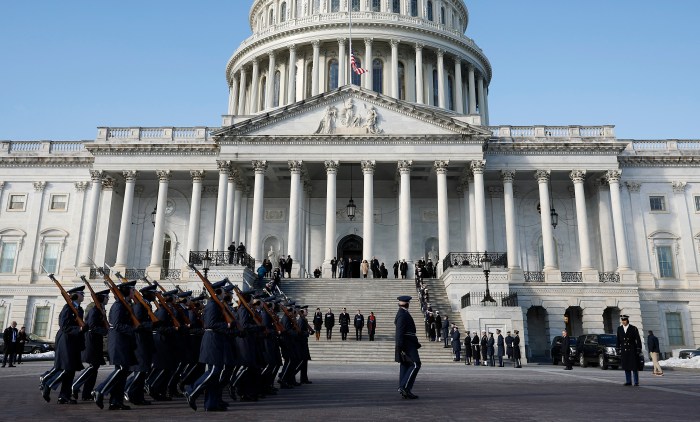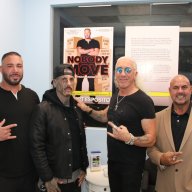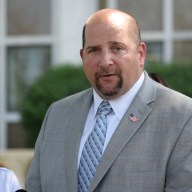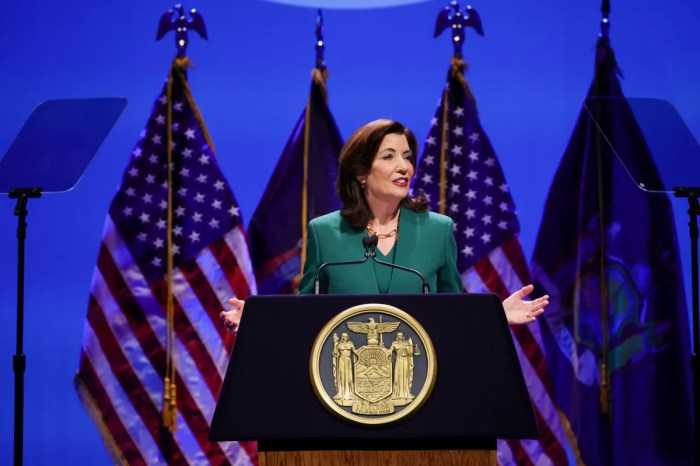Upon reading the latest edition of Port Washington News (May 23-29, 2018) we came across a letter titled, “Mess at Our Mill Pond.” This letter puts the work we have done into a bad light and contains troubling inaccuracies. We would like to provide the public with accurate information.
The Nassau County Soil and Water Conservation District has been working with the Town of North Hempstead and Manhasset Bay Protection Committee to control stands of invasive plants and restore the native tidal saltmarsh at Mill Pond. The native plant restoration that we have been working on is part of a long-term strategy to improve the water quality of Manhasset Bay. The restoration efforts involve removing the invasive plants and planting native, approved coastal grasses. Both grasses planted are not “weed grass” and are proven to have high ecological value to Mill Pond and the bay. They do not smell and will help to prevent algal blooms that are harmful to sea life. The invasive plants now established at Mill Pond have out-competed native plant species, taking over the pond and spreading to the surrounding waterbodies. This creates a less-productive ecosystem, equating to an overall decrease in biodiversity, causing birds, fish and shellfish populations to dwindle. Saltmarshes serve as a vital habitat and nursery for many wildlife species, help to prevent fish kills and provide shelter for small fish. The saltmarsh restoration when completed will filter out greater amounts of nitrogen and other pollutants that threaten our natural world and local economy. They also increase coastal resiliency when we experience severe storm events as the roots systems of the native grasses being planted have a greater capacity to absorb water, pollutants and prevent flooding.
Plantings like this are encouraged and supported by New York State; and this current project was 100 percent grant funded. Similar projects in Hempstead Harbor have helped to bring back important species like Bald Eagles and Osprey and have helped to open areas of Hempstead Harbor to shellfish harvesting that had been closed for 40 years. The current project will reinforce and add to the ecological diversity of Mill Pond, improve water quality by nutrient uptake, soften wave energy of storms and create habitat for native birds, displacing the nuisance geese, causing them to go elsewhere.
—Nassau County Soil and Water Conservation District Staff





























